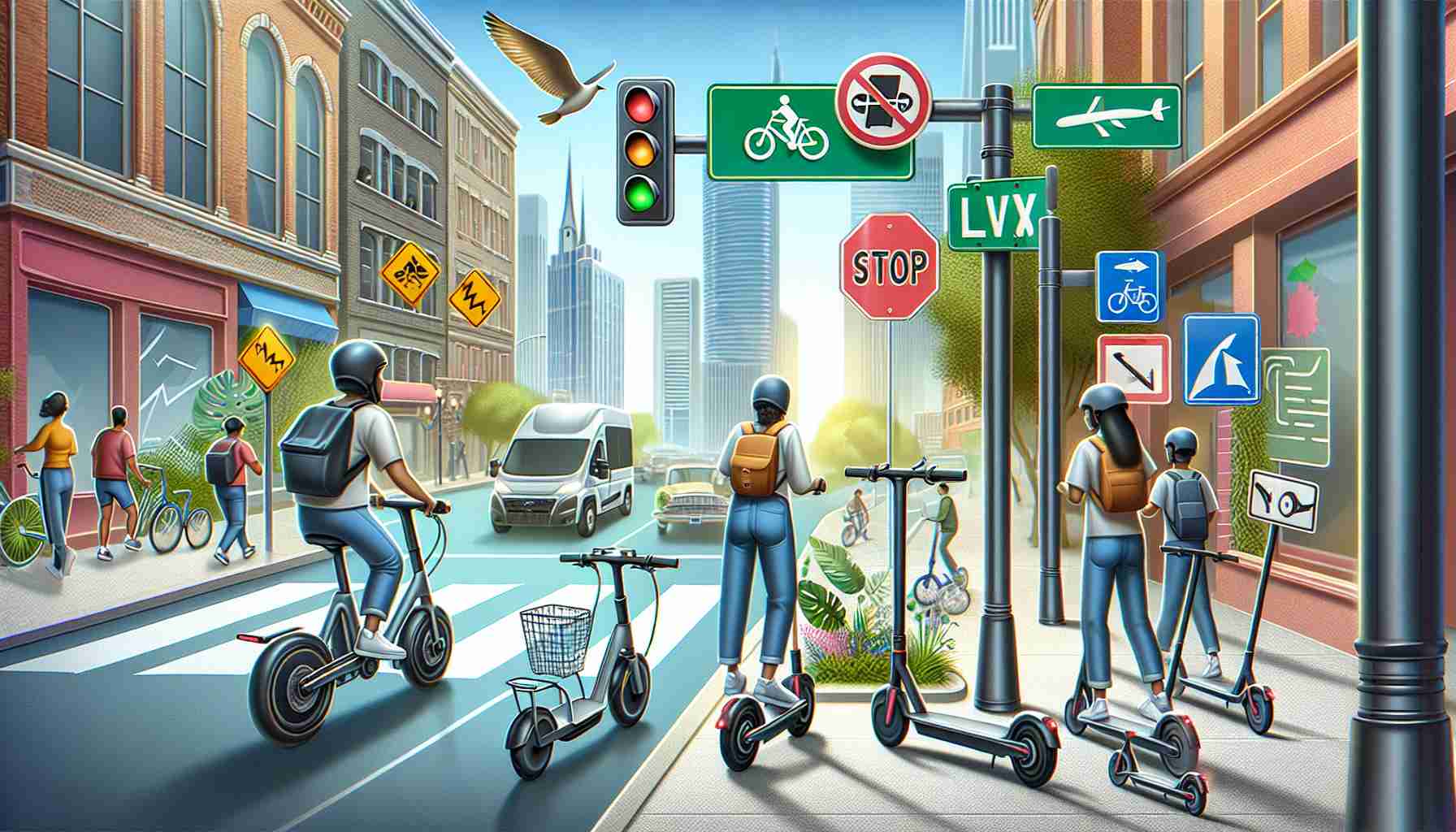Important Legislation in the Works
Recent discussions by the City Council have sparked potential changes for e-bike and e-scooter users. A proposed bill aims to introduce new requirements, including mandatory licenses and vehicle registrations for electric two-wheelers and similar motorized devices.
This initiative, known as Intro 606 and referred to as Priscilla’s Law, honors the memory of Priscilla Loke, a 69-year-old woman tragically killed by an e-bike in Chinatown earlier this year. The proposal seeks to enhance safety regulations concerning the operation of such vehicles on city streets.
City Councilmember Robert Holden, representing areas in Queens, is the driving force behind this bill. He believes that implementing these regulations is crucial for protecting pedestrians and ensuring responsible use of e-bikes and e-scooters in urban environments. The legislation has been a topic of significant concern, especially in light of recent incidents involving such vehicles.
As public hearings continue, stakeholders are eagerly anticipating the outcomes. Advocates for both safety and transportation innovation are engaged in discussions on how to balance the growing popularity of electric mobility with the need for regulation. The council aims to draft a comprehensive framework that prioritizes public safety while accommodating the needs of e-bike and e-scooter riders across the city.
New Legislation on E-Bikes and E-Scooters: What You Need to Know
Introduction
The rise in popularity of e-bikes and e-scooters has brought not only convenience but also increased safety concerns in urban areas. In response to these challenges, significant legislative developments are underway, particularly in New York City, where the City Council is considering a proposed bill known as Intro 606, or Priscilla’s Law. This initiative is aimed at improving safety regulations for electric two-wheelers and similar motorized devices.
Key Features of Priscilla’s Law
1. Mandatory Licensing and Registration: One of the cornerstone proposals of Priscilla’s Law is the requirement for e-bike and e-scooter operators to obtain a mandatory license and register their vehicles. This measure is designed to ensure that riders are aware of safety protocols and regulations governing the use of such vehicles.
2. Safety Training Programs: The bill may include provisions for safety training programs aimed at educating users on safe riding practices, traffic laws, and emergency maneuvers. This could greatly reduce the number of accidents involving e-bikes and e-scooters.
3. Enhanced Penalties for Violations: To enforce compliance, the legislation proposes stricter penalties for violations of e-bike and e-scooter regulations. This includes fines for reckless riding, not wearing helmets, or operating without proper registration.
4. Increased Visibility and Accountability: By requiring registration, the City Council aims to enhance accountability among e-bike and e-scooter users. This would also help in tracking vehicle usage and incident rates to improve urban planning and infrastructure.
Pros and Cons
Pros:
– Improves Public Safety: With more regulations, pedestrians may feel safer in urban environments where electric vehicles are common.
– Responsible Riding: Licensing could lead to more responsible behavior among e-riders, reducing accidents and conflicts with pedestrians.
– Data Collection: Registration allows for better data collection on usage patterns, aiding future transportation planning.
Cons:
– Increased Barriers to Entry: These regulations may deter new users who are discouraged by the licensing process and costs associated with vehicle registration.
– Potential for Overregulation: Critics argue that stringent regulations might stifle the growth of innovative transportation solutions that provide environmental benefits.
Current Trends in Electric Mobility
The ongoing discussions within the City Council mirror a broader trend seen in major urban centers worldwide. Many cities are struggling to find the balance between promoting electric mobility as a sustainable transportation option while ensuring public safety. Similar legislation can be observed in cities like San Francisco and Washington D.C., where e-scooter regulations are becoming stringent, focusing on licensing and insurance requirements.
Predictions and Future Insights
As urban mobility continues to evolve, it is predicted that:
– Integration with Public Transit: E-bikes and e-scooters could become integrated with public transportation networks, providing first-and-last-mile solutions for commuters.
– Innovative Safety Technologies: The future may see the introduction of technologies that enhance safety, such as automatic speed regulation in crowded areas or geo-fencing to prevent riding in prohibited zones.
Conclusion
As the City Council navigates the complexities of legislation like Priscilla’s Law, the outcome is expected to shape the future of urban transportation significantly. Stakeholders, including riders, residents, and safety advocates, will need to stay informed and engaged in discussions to ensure that the outcomes reflect a balanced approach to safety and innovation.
For more resources and updates on e-bike and e-scooter legislation, you can visit link name.


















